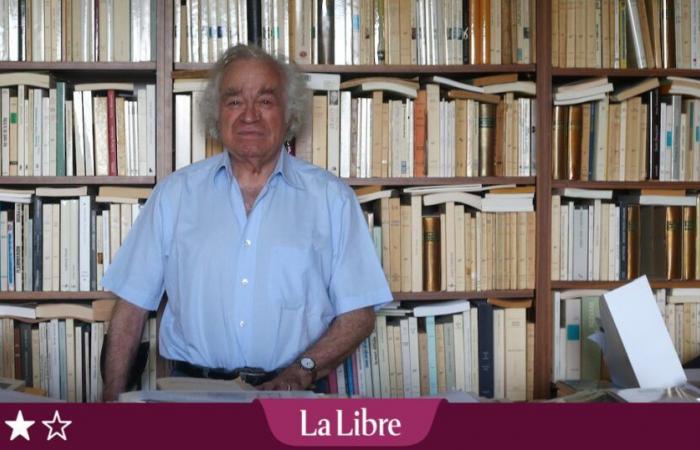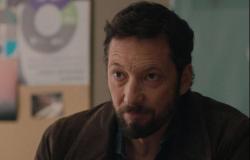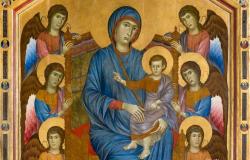Pierre Mertens never accepted what was said about his friend and the idea that she committed suicide. To him, she was a promising writer in the making.
The great writer, Medici Prize for The Dazzlesthe lawyer who defends human rights across the planet left the trial upset. “While I have followed so many trialss, he writes, I have never left a criminal court so cold as the day I was called to testify. The rare testimonies about her were odorless, tasteless… or malicious. It is as if Véronique had been thrown out of the trial, ‘buried’. The victim was made into a ghost. This story took hold. It was an obligation, I would have been a deserter if I had given up writing it.” A book for “let her not die again.”
Pierre Mertens recounts their meeting when, as a student, she wrote a dissertation “outstanding” on the work of Pierre. They were never lovers, he repeats, but literary accomplices.
Pierre Mertens talks about many things, such as his distrust of popular juries and he wonders if in the era of MeToo, the verdict would still have been the same.
He draws up a list for Véronique of the misfortunes she has escaped (Trump, Covid, etc.). But this book is also a testament where Pierre Mertens looks at literature, at justice, at his books and at his own life.
-He closes with astonishing sentences evoking God. He recalls that Kafka said that writing is a prayer. Pierre Mertens then explains that since his childhood, his infinite questions have been dialogues with “the great false-Absent” which he calls God because, he said, I do not have enough imagination not to believe in him . He adds that the misfortunes of the world prove that the Devil exists, should we not then admit his counterpart, God?
From now on, the deserted Ostend beach of Spilliaert on the cover of the book, will not only be a landscape without Véronique, but also without Pierre.
Landscape without Véronique, Essay, Pierre Mertens, Les Impressions nouvelles, 216 pp. €18.






